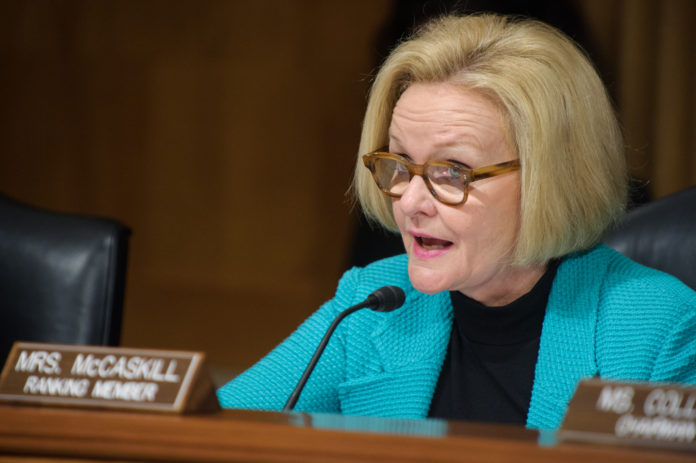According to a U.S Senate report, pharmaceutical drug makers gave millions of dollars to pain-treatment advocated for five years and promoted opioids to people who were vulnerable to addiction.
The report was released by Senator Claire McCaskill (MS-D) and is 23 pages long. The document reveals the pharmaceutical industry’s efforts to shape public opinion and fuel the demand for addictive drugs such as OxyContin, fentanyl, and Vicodin, which have been heavily contributing to the opioid epidemic.
The document, called Fueling an Epidemic: Exposing the Financial Ties Between Opioid Manufacturers and Third Party Advocacy Groups, focuses on how the arrangement between pharmaceutical companies and advocacy groups, and how that relationship “may have played a significant role in creating the necessary conditions for the U.S. opioid epidemic.”
McCaskill said that the pharmaceutical industry has spent a generation downplaying the risks of opioid dependence while trying to expand their customer’s base for these prescriptions. She said the report made clear that the companies made investments in third party organizations for this reason.
Following a similar investigation in 2012 by Senator Max Baucus (MT-D) and Chuck Grassley (IA-R) that focused on drug makers and medical providers, the report shows how pharmaceutical companies have been working with outside forces to influence the market and keep people addicted.
Some of the companies say that they’ve changed their practices as the scale of the opioid epidemic has become clearer to them.
The document says that nearly all health advocacy groups accept money from drug companies, adding that the financial relationships between them lack transparency and have raised concerns regarding the information and initiatives patient advocacy groups claim to promote.
Citing the Journal of the American Medical Association, the report says that 8 percent of patient groups responding to a study “reported pressure to conform their organization’s positions to the interests of industry funders is of concern.”
















